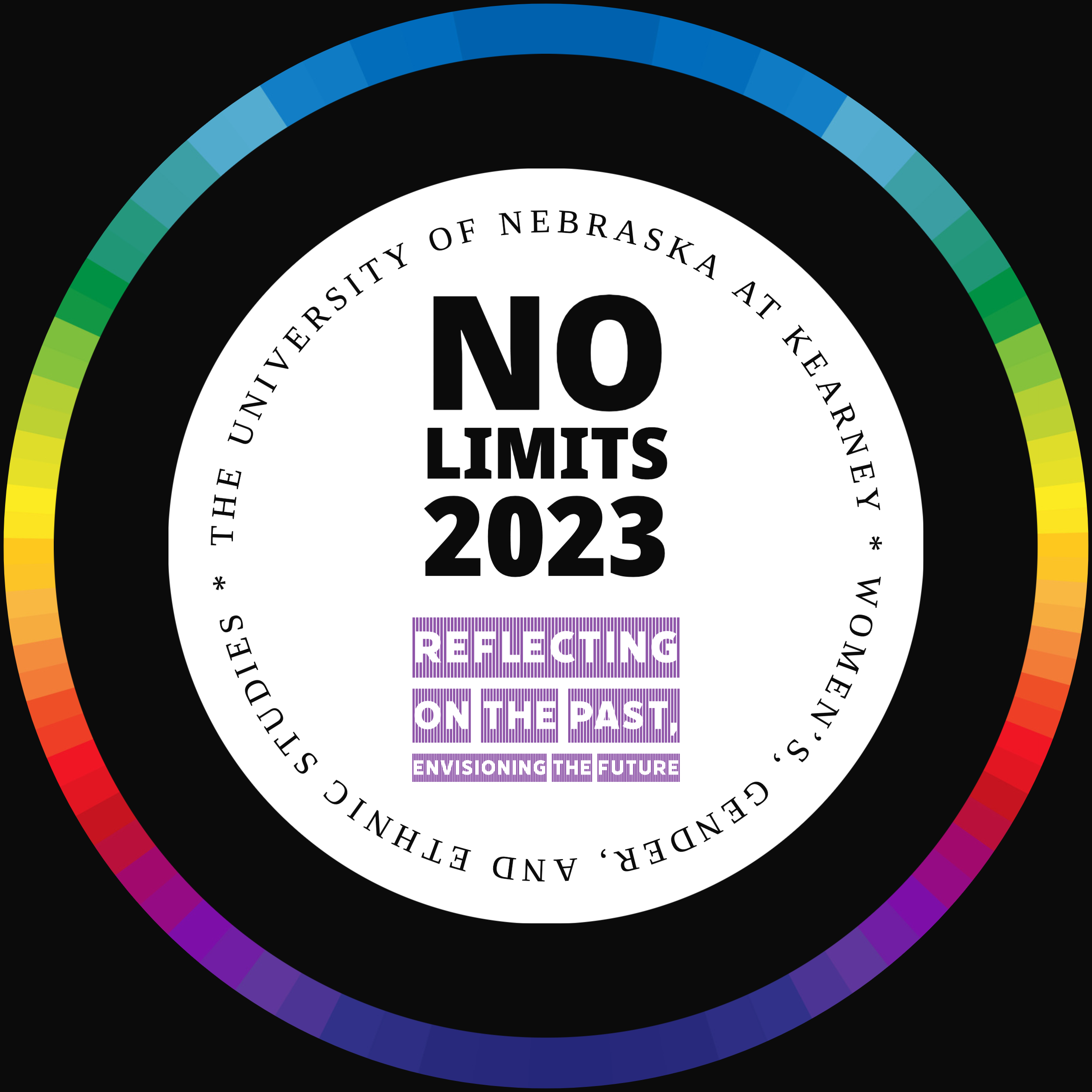Exhume Their Stories: A Rhetorical Reclamation Autoethnography Case Study between AIDS and Monkeypox
Location
Ponderosa Room C
Presentation Type
Presentation
Presentation Topic
Queerness, Rhetoric, Reclamation, Autoethnography, AIDS, Monkeypox
Start Date
3-3-2023 9:05 AM
Event Sort Order
7
Abstract
As queer bodies continue to face rhetorical violence during and post-epidemic (specifically using the lens of HIV/AIDS and Monkeypox), the analysis of rhetoric and lived experiences have a significant effect on the survival of queer communities. While traditional methods of research within the field of English and Rhetoric draw on one conventional framework, this research project draws on three to create one cohesive lens of rhetorical reclamation autoethnography, which I define as a new lens approach to the way queer stories are analyzed and told during and post an epidemic using the lived biographical nature of these experiences and correlating the rhetoric surrounding them. The purpose of this research is to investigate past and current acts of purposeful censorship and silencing by the non-marginalized heterosexual community and to analyze the impact rhetorical violence has had on the queer community and the ongoing implications thereof. In particular, this research draws upon the playwright Angels in America, the artwork Electric Fan (Feel It Motherfuckers), and tweets made by the far-right to draw analysis. Findings of this project include reshaping visibility, gaining traction using critique, upholding personal and cultural identity, not assimilating into non-marginalized groups to continue queer survival, perpetual violence in queer spaces, and how queer experiences are fragile, which can ultimately lead to queer extinction.
Exhume Their Stories: A Rhetorical Reclamation Autoethnography Case Study between AIDS and Monkeypox
Ponderosa Room C
As queer bodies continue to face rhetorical violence during and post-epidemic (specifically using the lens of HIV/AIDS and Monkeypox), the analysis of rhetoric and lived experiences have a significant effect on the survival of queer communities. While traditional methods of research within the field of English and Rhetoric draw on one conventional framework, this research project draws on three to create one cohesive lens of rhetorical reclamation autoethnography, which I define as a new lens approach to the way queer stories are analyzed and told during and post an epidemic using the lived biographical nature of these experiences and correlating the rhetoric surrounding them. The purpose of this research is to investigate past and current acts of purposeful censorship and silencing by the non-marginalized heterosexual community and to analyze the impact rhetorical violence has had on the queer community and the ongoing implications thereof. In particular, this research draws upon the playwright Angels in America, the artwork Electric Fan (Feel It Motherfuckers), and tweets made by the far-right to draw analysis. Findings of this project include reshaping visibility, gaining traction using critique, upholding personal and cultural identity, not assimilating into non-marginalized groups to continue queer survival, perpetual violence in queer spaces, and how queer experiences are fragile, which can ultimately lead to queer extinction.






Presenter Bio
Native of Chicago, IL, but now living in Wyoming and Nebraska, Brendan Kachnowski (they/them) is a queer, first-generation, Latine graduate student at Hastings College studying Masters of Arts in Teaching with specializations in EL and ELA. During their undergraduate they studied English and Secondary Education conducting research in queer rhetoric, modern education theory, urban and rural populations, and BIPOC erasure and systematic survival. Brendan plans on applying for their Ph.D. in the fall in DEIB curriculum; they aspire to work in curriculum design and diversity creating curriculum at the state or district level in the future. When they aren’t caught between school, teaching, tutoring, or coaching Forensics/Speech you can find them at Raising Cane’s ordering Arnold Palmers and endlessly scrolling TikTok!